Question And Answer
Publications
Articles, publications, books, tools and multimedia features from the U.S. Institute of Peace provide the latest news, analysis, research findings, practitioner guides and reports, all related to the conflict zones and issues that are at the center of the Institute’s work to prevent and reduce violent conflict.

Ukraine: How to Oppose Russia’s Weaponization of Corruption
Fifteen weeks of Ukrainians’ staunch resistance to Russia’s invasion has created an opportunity to weaken one of Russia’s main weapons to undermine democracy and stability in other countries, according to Eka Tkeshelashvili, a former foreign minister of Georgia. As democracies bolster Ukraine’s defense, they also should step up support for Ukraine to root out the corruption in business and government that has long been Russian President Vladimir Putin’s primary method to cripple the independence of Russia’s neighbors. One impact of the war will be to create a stronger political base for throttling corruption in Ukraine, Tkeshelashvili said.
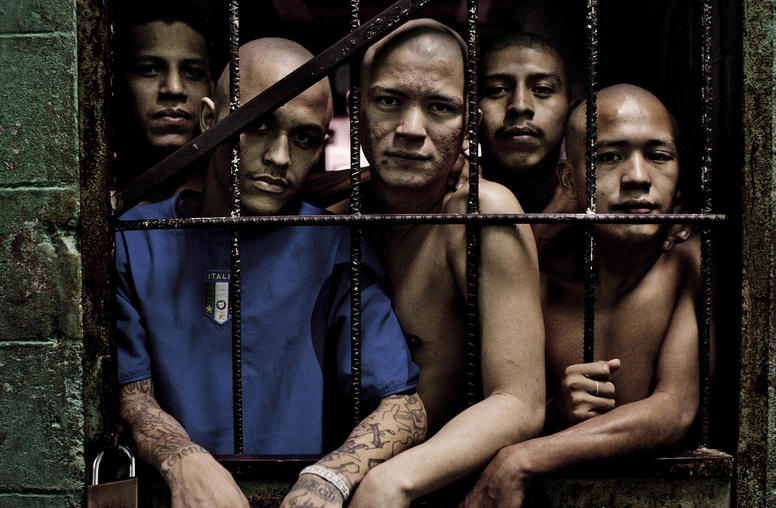
Lo que El Salvador puede aprender de Los Ángeles sobre la prevención de la violencia de pandillas
Cuando los presidentes de América Latina se reúnan esta semana para la Cumbre de las Américas, se reunirán en un condado de EE. UU. donde casi la mitad de la población general, y más de la mitad de sus jóvenes, se identifican como Latinos. Junto con otros inmigrantes, los Latinos han ayudado a impulsar la economía de Los Ángeles, tanto como empresarios como trabajadores. Pero sufren de manera desproporcionada por la pobreza, encuentran dificultades en la escuela y carecen de acceso regular a la atención médica.
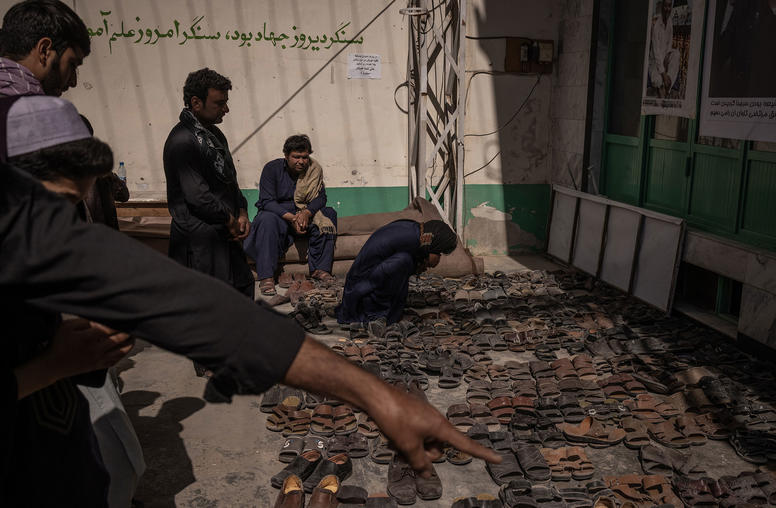
Four Ways the U.S. Can Help Prevent Mass Atrocities in Afghanistan
Following the Taliban’s August 2021 takeover, the risk of mass atrocities in Afghanistan has risen considerably, with multiple groups facing imminent threats of violence.
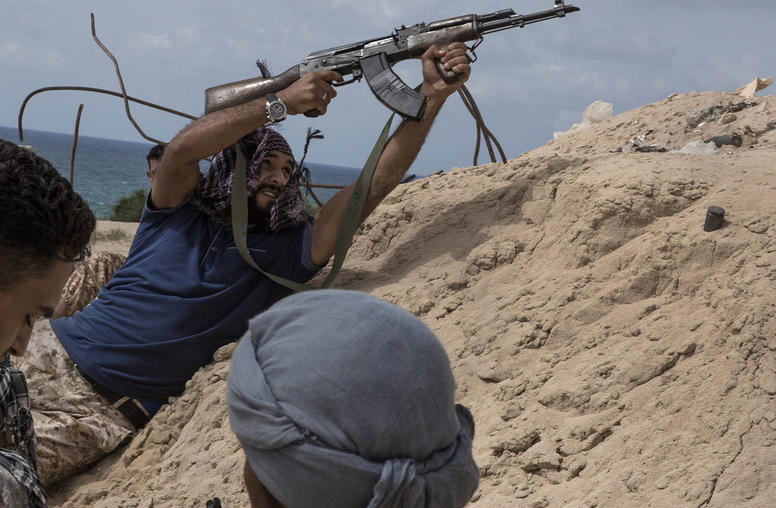
What’s Next for Libya’s Protracted Conflict?
This week in Cairo, the United Nations will host the final round of scheduled talks between representatives from Libya’s two opposing governments: the House of Representatives (HoR) based in the eastern city of Tobruk and the High Council of State (HCS) based in the western city of Tripoli. The talks which began in April are intended to yield a “solid constitutional basis and electoral framework” for ending the country’s longstanding political stalemate.

Morocco Reflects a Global South Dilemma: Water or Food?
Morocco, like many countries across the “global south,” faces an intensifying dilemma: While it has improved its food production to reduce food insecurity and undernourishment, that progress has stressed the country’s limited water supplies with water-intensive industrial farming practices. As climate change intensifies structural drought throughout the Maghreb, Sahel and elsewhere, these regions must develop policies that treat food insecurity and water scarcity as interlinked crises. U.S. and international support for these changes will be vital.

Russia’s War in Ukraine Is Taking a Toll on Africa
Russia’s war in Ukraine has disrupted Africa’s promising recovery from the COVID-19 pandemic by raising food and fuel prices, disrupting trade of goods and services, tightening the fiscal space, constraining green transitions and reducing the flow of development finance in the continent, said United Nations Assistant Secretary-General Ahunna Eziakonwa.
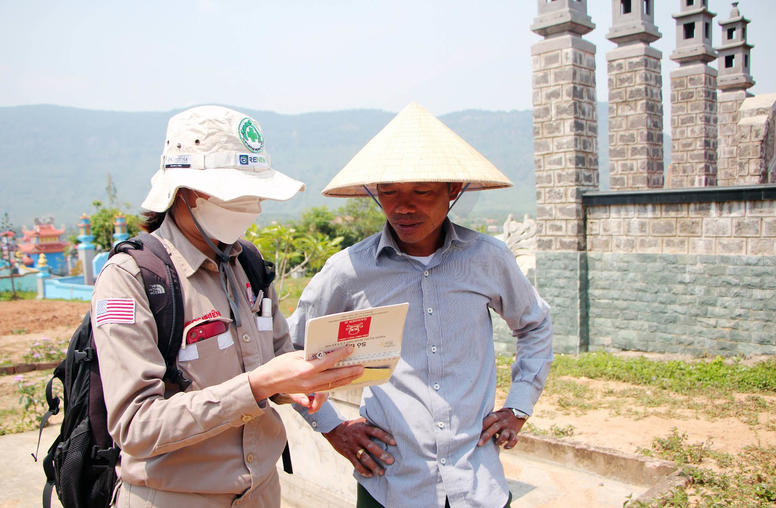
Clearing a Path for Peace in Vietnam
Once a symbol of Vietnam’s north-south division and the site of one of the 20th century’s bloodiest battles, Quang Tri province has quietly become an example of successful postwar reconstruction. Through a concerted effort led by provincial authorities, Quang Tri has reduced unexploded ordnance (UXO) casualties from thousands after the end of the Second Indochina War in 1975, and around 100 per year in the early 2000s, to nearly zero today.
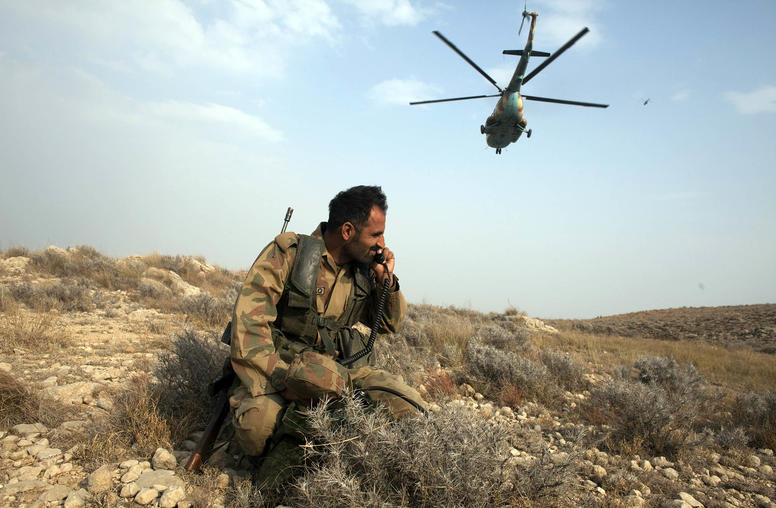
Five Things to Watch in the Islamabad-Pakistani Taliban Talks
After several months of intense fighting, the Pakistani government and the anti-Pakistan insurgent group the Tehreek-e-Taliban Pakistan (TTP) are talking once again. In early June, the TTP, also known as the Pakistani Taliban, announced a cessation of hostilities with Pakistan for three months. This cease-fire resulted from weeks of secret talks in Kabul between the TTP and Pakistani military officials, followed by a more public meeting between the TTP and Pakistani tribal leaders — both mediated by the Afghan Taliban. For the first time, the Afghan Taliban also confirmed the talks and their role as mediators between Pakistan and the TTP.
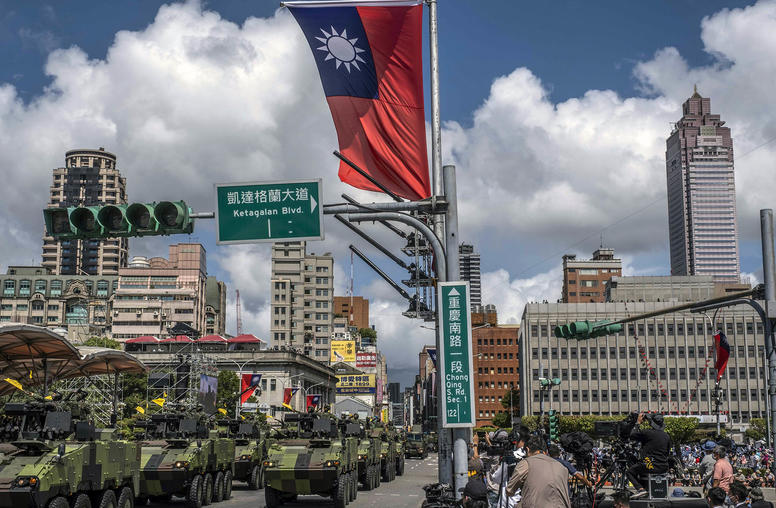
The United States and China: Who Changed the ‘Status Quo’ over Taiwan?
Taiwan has been the perennial problematic issue in U.S.-China relations for decades. President Biden’s comments during a recent trip to East Asia put that in stark relief. When asked if the United States would be willing to “militarily defend” Taiwan if China were to invade, Biden said, “Yes, that’s the commitment we made.” Administration officials later appeared to walk back the president’s comments. But Beijing reacted forcefully, conducting military drills close to the island and with numerous Chinese officials condemning the comments. Most recently, at the Shangri-La Dialogue earlier this June, Chinese Defense Minister Wei Fenghe warned that the People’s Liberation Army will “fight to the very end” if Taiwan dares to “secede” from China. Beijing’s vociferous reaction to Biden’s comments underscores how contentious the Taiwan issue remains and how easily tensions can flare.
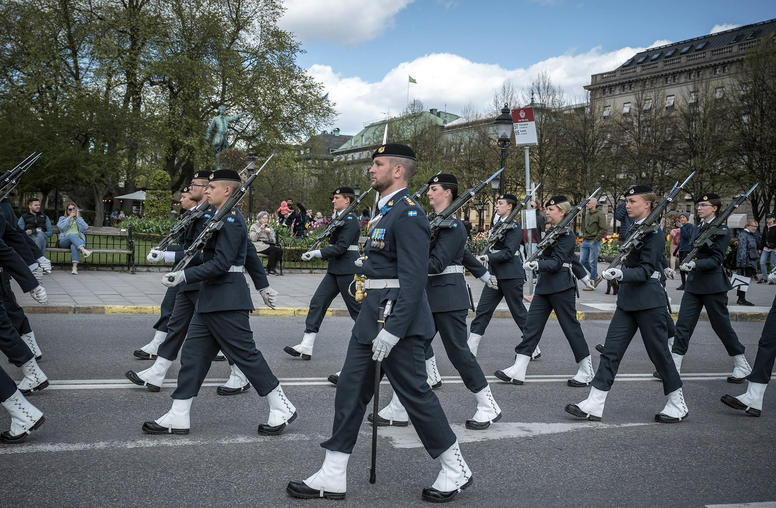
Russia Has Relaxed its Rhetoric on NATO’s Nordic Expansion
Russia for years has warned that it would take military steps, among others, to counter any eventual decision by Finland or Sweden to join NATO. Yet since the Nordic countries declared that intention in mid-May, Russian officials’ changing rhetoric suggests that the Kremlin will seek to avoid any real confrontation over prospective NATO expansion.